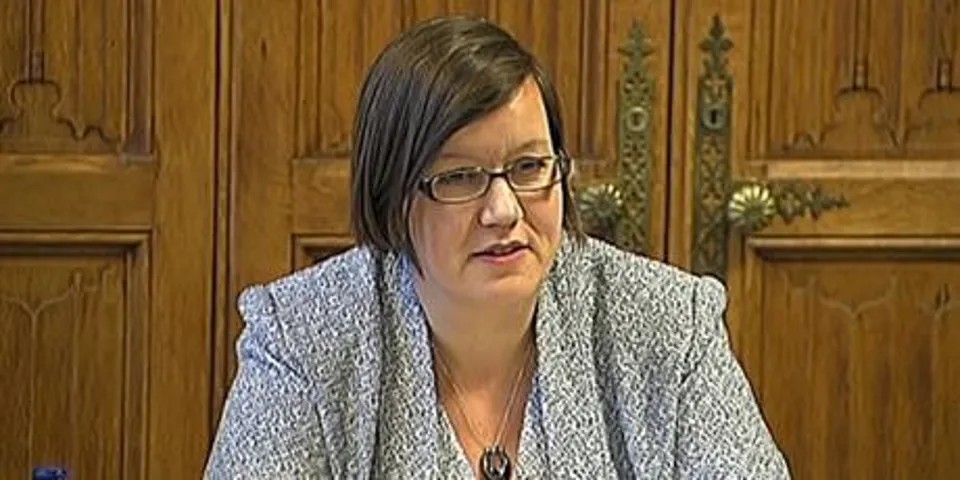The public accounts committee has criticised the Department for Education’s (DfE) “poor execution” of the Apprenticeship Levy after the number of new starters slumped by 26% in 2017/18.
Meg Hillier MP, chairman of the committee, said that the scheme had succeeded in creating serious longer term problems for the Government’s goal of driving the number of new apprenticeships after figures from the last academic year were published this week.
The DfE revealed that there were a total of 375,800 new apprenticeships starters in 2017/18, compared to 509,400 during the previous academic year and the l;ast full year before the Apprenticeship Levy was introduced.
Hillier said: “The number of people starting apprenticeships is falling significantly short of government targets. The government will not meet its goal of three million starts by March 2020 and the Department has underspent the programme’s budget by 20%.
“Ultimately, the lack of progress has disrupted the direction of the programme. The way the programme is evolving is out of kilter with the Department’s objectives: opportunities for people with lower skills are diminishing and apprenticeship starts in disadvantaged communities has fallen.
“What’s more, take-up from under-represented groups has been too low. We are supportive of the programme’s core objective to draw apprentices from a wider range of social and demographic group, but this is at complete odds with its unambitious targets.”
The levy, imposed on companies with a total pay bill of more than £3 million a year, amounts to 0.5% of their total pay bill.
However, the public accounts committee found that the programme is evolving risks leaving behind people with lower skills and those from disadvantaged communities as many employers are feeding their drawn-down funds into professional training or management courses that they would otherwise have paid for themselves, instead of funding the recruitment of new apprentices.
Hillier said that the committee also has concerns about the quality of the apprenticeship training that is being funded by the Levy pot.
She said: “A third of apprentices are being trained by providers who have been rated inadequate or requires improvement by Ofsted and there are currently not enough assessors to meet the demand for end-of-apprenticeship assessments.
“The apprenticeships programme has laudable ambitions, but the Department’s poor execution has created serious longer-term problems.
“The Department for Education must get its reform of apprenticeships back on track, realigning the programme with its initial objectives so that as much of the population as possible can benefit from it.”














Login to comment
Comments
No comments have been made yet.